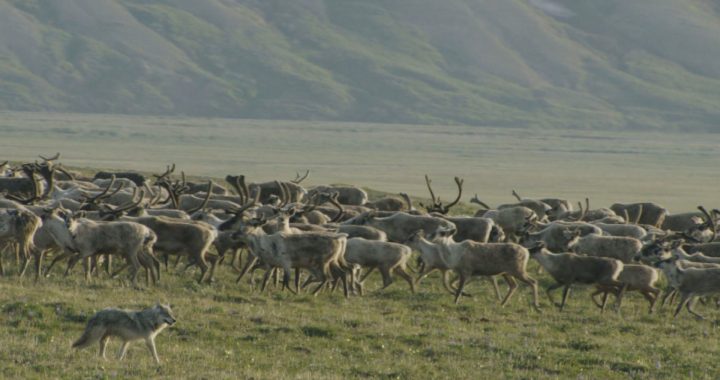APTN National News
OTTAWA–An Indigenous academic now has more questions than answers after receiving an access to information request aimed at finding out if her name was in the files of Canada’s spy agency.
Pam Palmater, a Ryerson professor and chair in Indigenous governance, received a batch of documents last month that left her wondering what the Canadian Security Intelligence Service didn’t want her to find out.
“They have a file on me and they are legally entitled not to release it to me, which is ridiculous,” said Palmater. “There is nothing about my activities that are subversive to Canada as a nation, or hostile, unless you consider Facebook, Twitter, writing blogs and appearing before Senate committees subversive and hostile.”
Much of what CSIS released to Palmater appears to be related to security screenings from her time working for Justice Canada.
The security screening reports contain her name, birth date and addresses, but the spy agency redacted parts of the document under a section of the Access to information Act that allows information to be kept secret if it “relates to the efforts of Canada towards detecting, preventing or suppressing subversive or hostile activities.”
Palmater said it gave her a “chill” when she read those words.
“Within our own country, First Nations are considered terrorists,” she said. “That, in of itself, and knowing what happens in other countries to people who are considered hostile, it does give me a chill.”
CSIS also told Palmater it could not “confirm nor deny” whether they had ever investigated her activities.
A CSIS spokesperson said Palmater likely received a standard response for the type of request she submitted.
“In the letter that Ms. Palmater received, there is a sentence that gives the description of section 15 of the Access to Information Act…it is intended to provide a description… for those individuals who may not be familiar with it,” said spokesperson Tahera Mufti. “The letter also states that should the individual wish to access more information, she is encouraged to do so by sending a request to the office of the Privacy Commissioner of Canada.”
Palmater said she filed her access to information request after it surfaced that a prominent child advocate was under watch by the federal Aboriginal Affairs department.
APTN National News reported late last fall that federal Aboriginal Affairs officials were spying on Cindy Blackstock, who had taken the federal government to the Canadian Human Rights Tribunal for underfunding First Nations child welfare services.
“Obviously the national security provisions are far too broad if they encapsulate young Indigenous people who are educated and are working to improve their communities,” said Palmater.











Just what kind of country are we living inu00a0again???u00a0 As a PhD student of Aboriginal and European heritage in an Indigenous Studies program, I am beginning to wonder what the trigger point is for Canada to start monitoring us is.u00a0 Is it that we are engaged in interrogating the system?u00a0 Is it that some are highly visible in that interrogation?u00a0 Is it simply being born Aboriginal?u00a0 What’s to stop the government from investigating/monitoring anyone?u00a0 I’m having visions ofu00a0an Orwellian state…
hahaha….canada is such a joke. seriously. and way too many native people are preoccupied with kissing its ass. go pamela palmater for scaring them enough to monitor your “seditious” activities 🙂
Pamela is courageous and correct to stand up for democracy and free speech. u00a0She is right on another important point as well. u00a0With all this money going to spying on law abiding people there is no excuse for not fully eliminating the poor living conditions and inequitable services in First Nations communities.u00a0